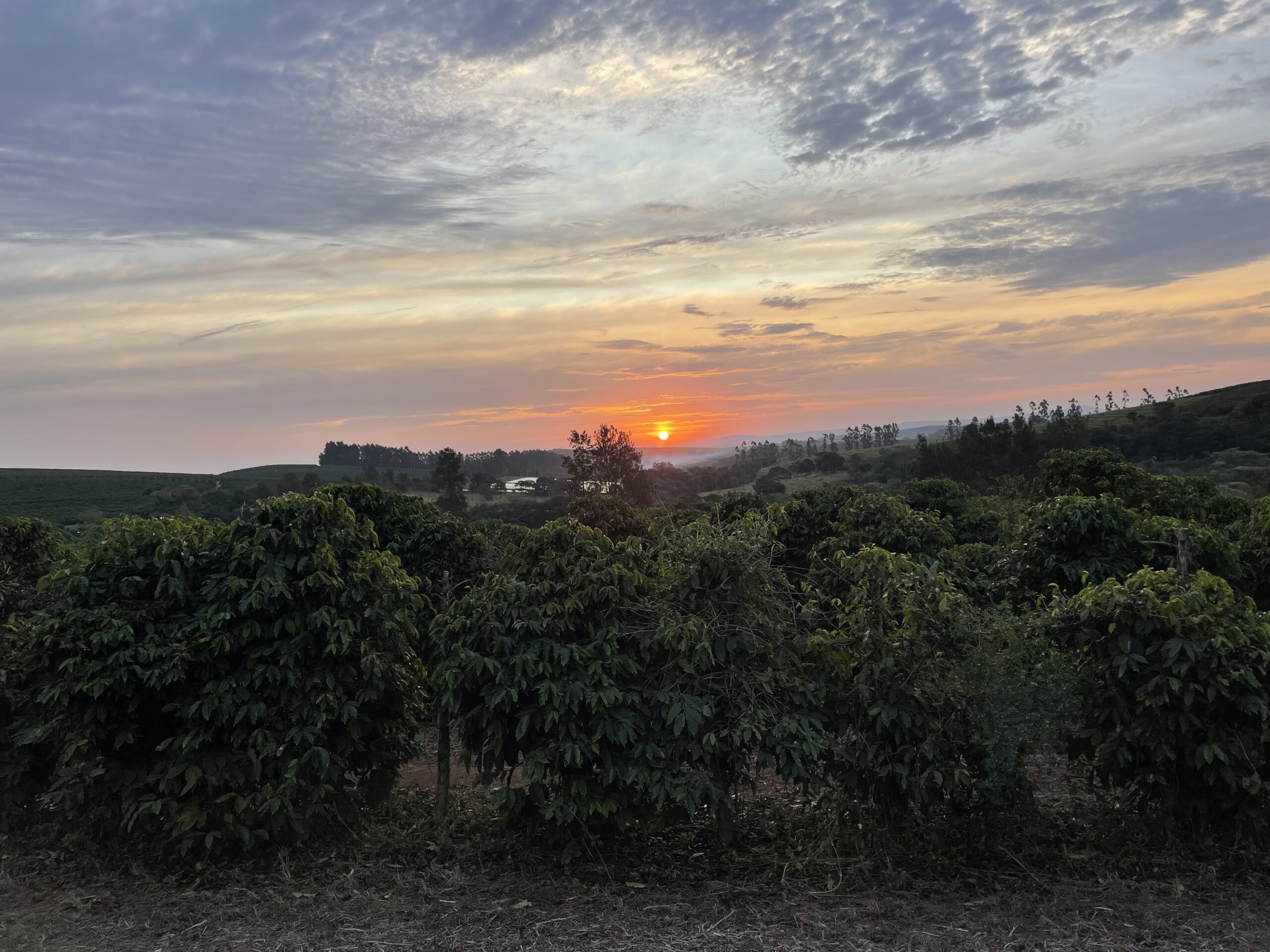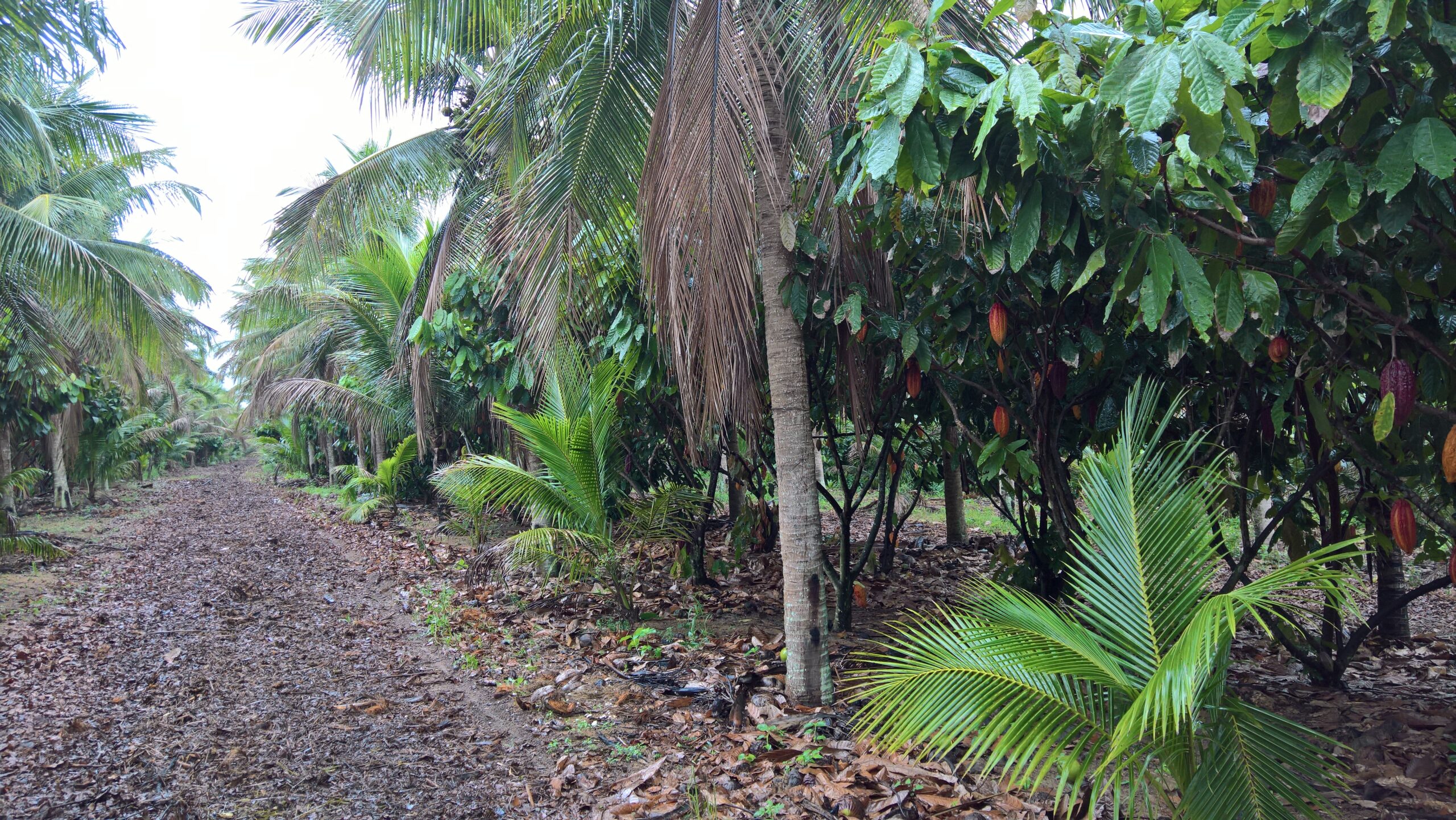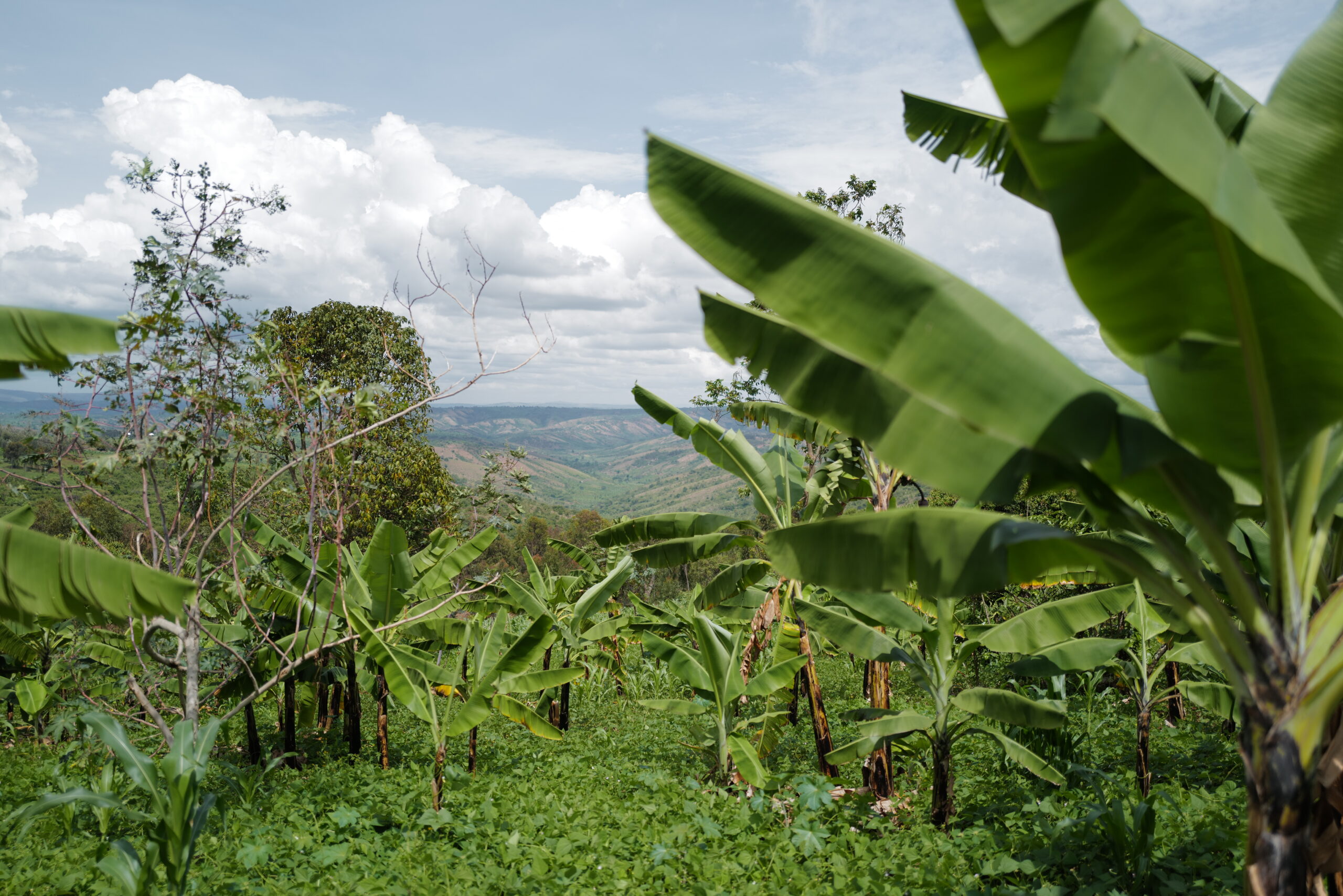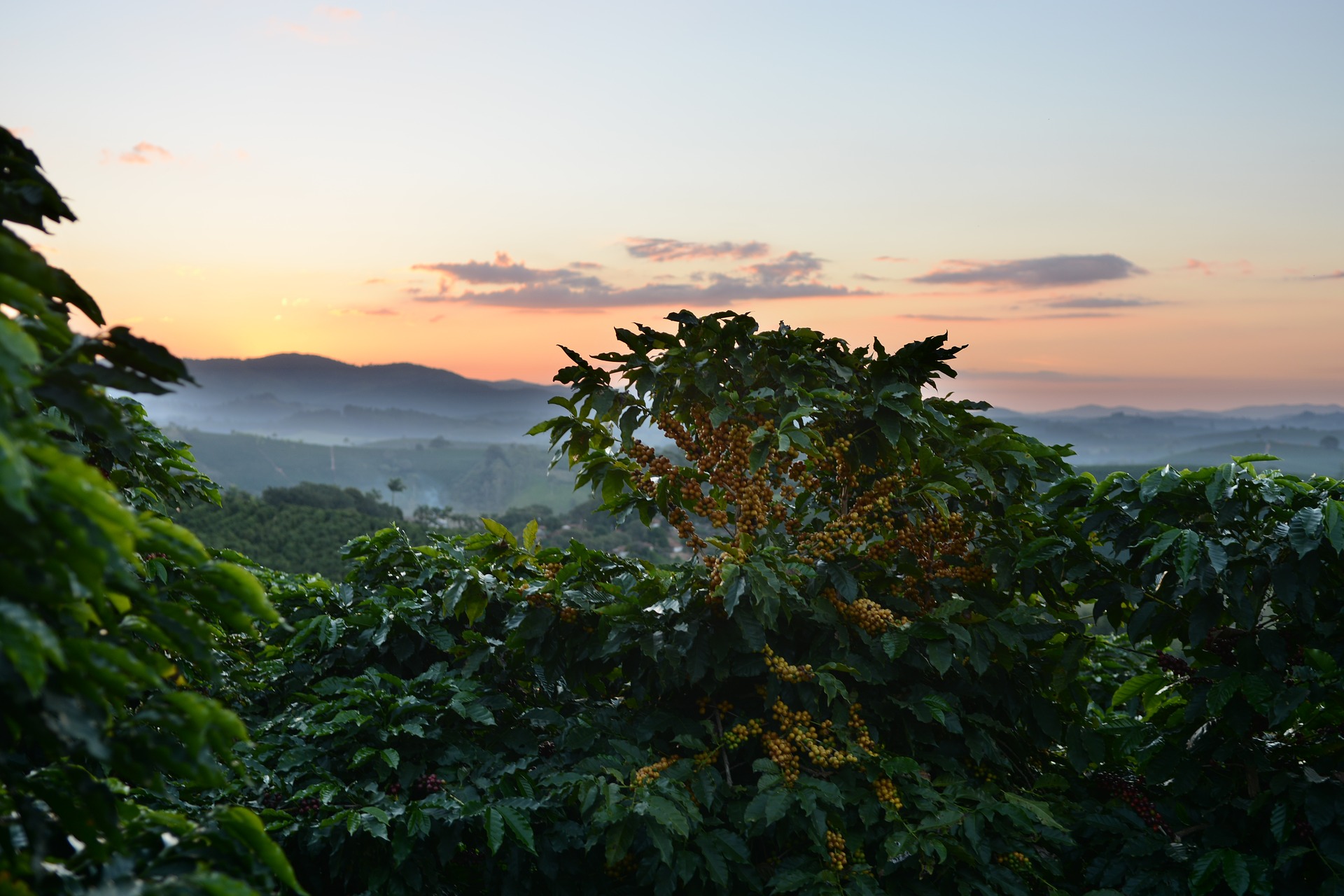Improving Traceability within ABICS’ Coffee Supply Chain using Innovative Technologies Environmental Scope

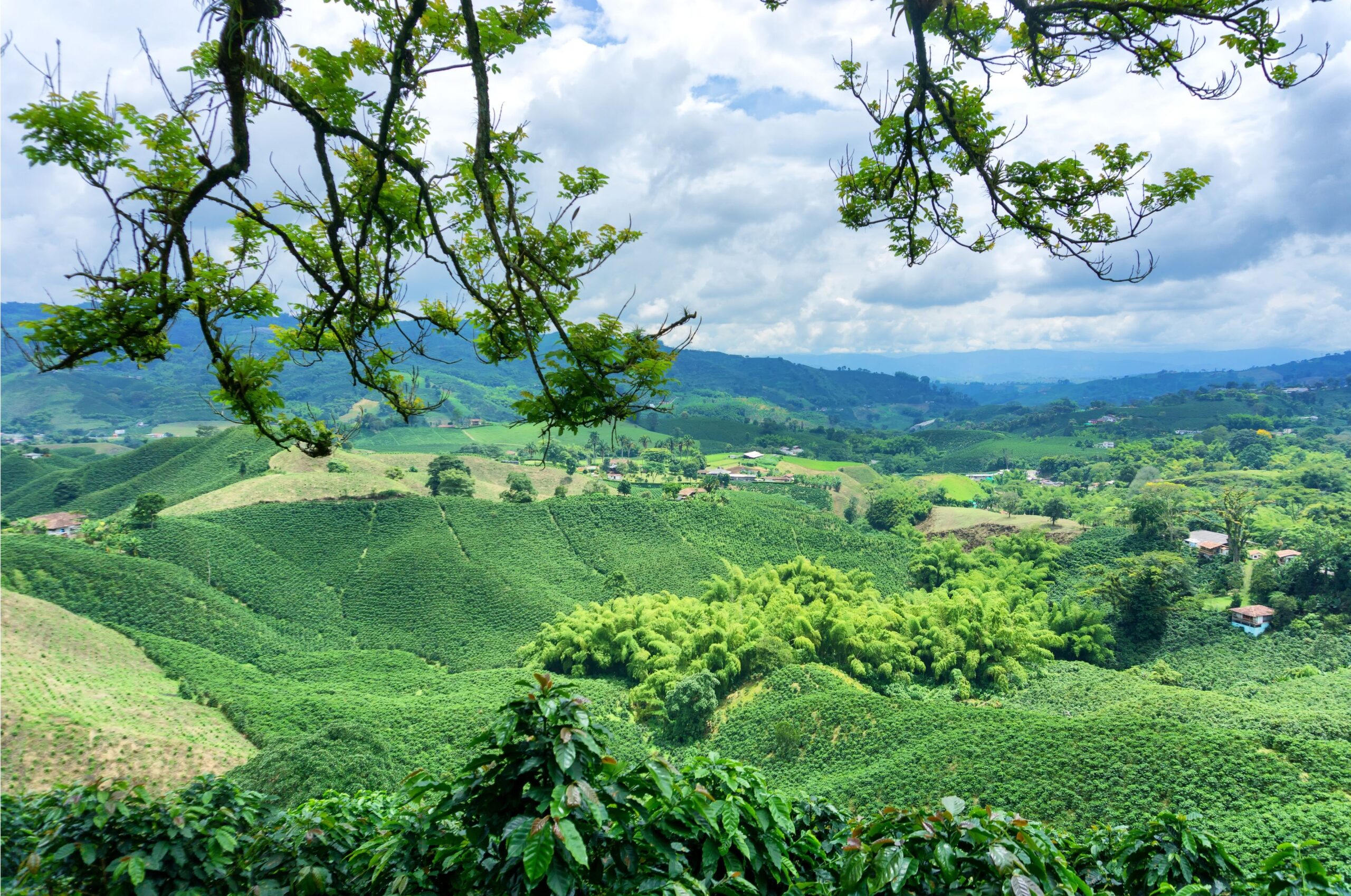
Project Background
Project Overview
Project title:: Improving traceability within ABICS coffee supply chain using innovative technologies.
Project objective: This pilot project was launched with the objective of providing a solution to 4C Managing Entities to improve their internal management systems. The promoted tool facilitates certification and data collection for audits and supports traceable and deforestation free supply chains.
Project Management: 4C Services GmbH
Project financed by: ABICS, GRAS and 4C Services GmbH
Implementing partners: Caféron
Project period: 05/2021 – XX/202X
Key Results
updated 3 March 2022
The Coffee cooperative Caféron has received the GRAS tool to manage all their farmers’ data, assess risks on deforestation and protected areas and produce reports for communication along the supply chain.
All CAR data of all farmers has been included in the GRAS tool.
As a next step, the GRAS Tracking App will be applied to ensure traceability for each batch of green coffee between farmers and warehouses.
Project Description and Objectives
Identifying the origin of coffee production by collecting data on farms and producers together with the geographical location of coffee fields areas are the first steps to understand if coffee production is associated with potential deforestation risks and their negative impacts on the environment. In this context a joint project has been proposed to implement deforestation-free coffee supply chains by using digital tools to collect data from farmers.
The data to collect regards to agronomic information, coffee farm perimeters, traceability records, and assessment of land use change and other environmental risks linked to each coffee lot. Once this data collection is enabled, technological innovations designed to automate traceability controls combined with satellite image analysis systems provide robust and reliable solutions to monitor deforestation-free supply chains.
Goals
Along with the overall objective of this project of implementing deforestation-free coffee supply chains, other goals of this project are:
- To facilitate data collection from engaged farmers committed to deliver fully traceable and deforestation-free coffee.
- To expand the use of digital tools to enable data collection and assessment of deforestation risks associated with coffee production.
- To enable the digitization and automation of collection of traceability records and monitoring of physical flows of coffee sourced from smallholders.
- To bring this dataset together in an easy-to-use and secure online platform and enabling reliable tracking of the physical flow of coffee goes beyond classical traceability, as it also identifies coffee lots from production fields not involved in deforestation.
- To increase supply of deforestation-free produced coffee and its uptake by coffee traders, roasters and retailers as well as consumers.
Based on the results of the baseline study and multistakeholder workshop, Magdalena was identified as one of the departments with the greatest need of intervention to improve productivity and living conditions, especially when considering economic opportunities for rural youth, gender balance, productivity, access to markets and adaptation to climate change. 4C together with Melitta and the project implementing partners have therefore decided to implement the develoPPP project in the department of Magdalena.
Socialization of the project was conducted via radio program, SMS, WhatsApp and telephone calls. Due to COVID restrictions group information events for coffee farmers and young adults have not been possible and therefore field trips were not undertaken as initially planned and could only take place later, directly combining these field trips with individual trainings for the farmers.
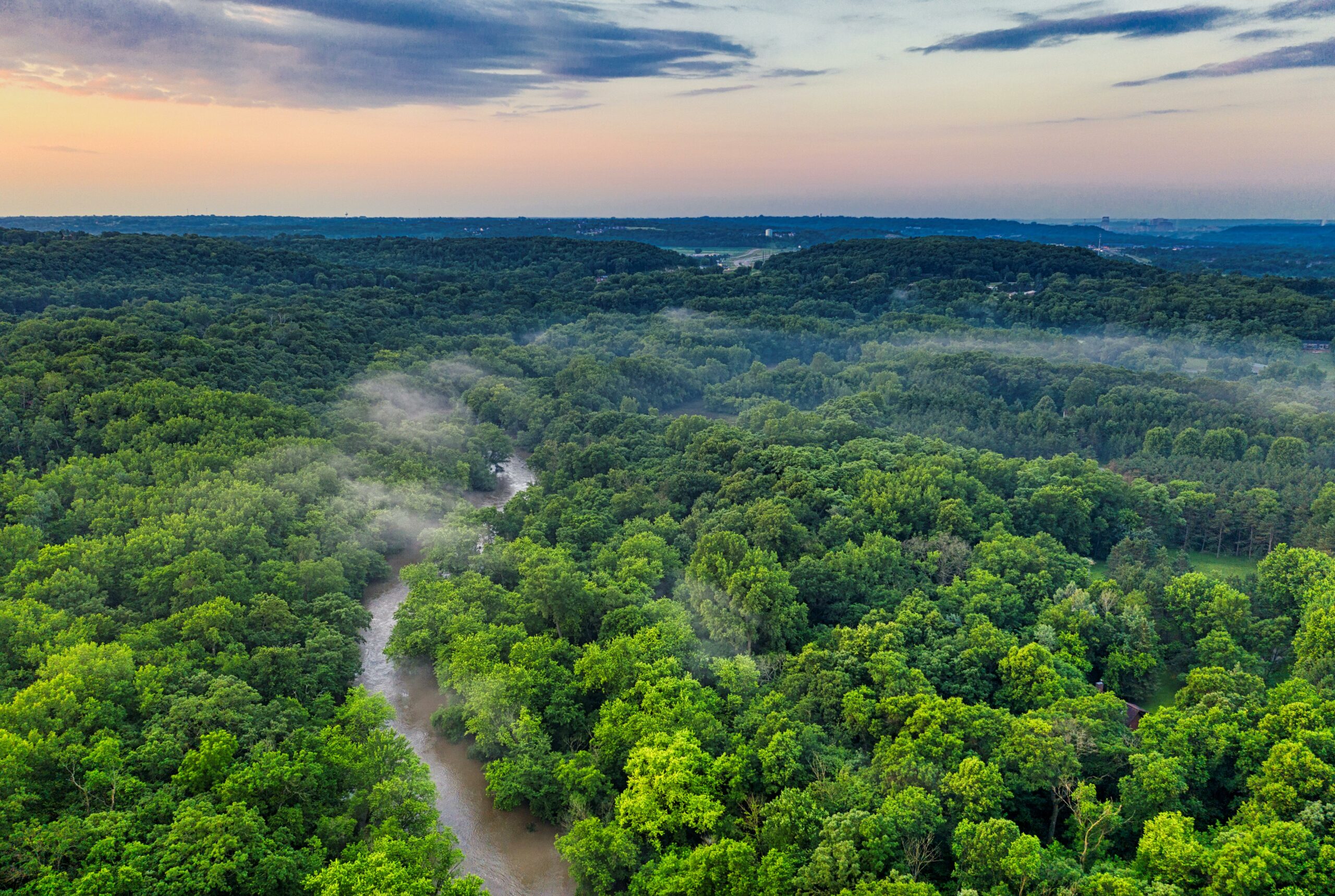

Project Measures
The basis for this project was an analysis conducted by GRAS on the main risk indicators in relation to deforestation in the project region.
GRAS has developed in cooperation with 4C several practical tools which make it easier for producers to comply with the requirements and report to coffee buyers and others.
Functionalities that are now possible through the tools developed by GRAS:
- Inclusion of CAR data of each farmer and assessment against deforestation and protected areas.
- Monitoring of farmers data over time.
- Production of customizable reports on farmer data.
The tools developed by GRAS have been presented to farmers in hands-on training sessions organized by 4C. In these trainings farmers and cooperative managers learned how to use and manage these tools.
In a next step, the GRAS Tracking App will be introduced to the cooperative and warehouses and will be applied to trace single deliveries of coffee beans. Information on single coffee deliveries will be matched in the database with the farmer data and assessment results. This will provide a comprehensive overview of farmers’ activities as well as the possibility to clearly identify where the produced coffee beans are coming from and verify their deforestation-free origin.

Potential Project Partners
4C Services GmbH
Global Risk Assessment Services, Associação Brasileira da Indústria de Café Solúvel (ABICS), Cafeicultores Associados da Região Matas de Rondônia (CAFERON) and Cooperativa Agrária dos Cafeicultores de São Gabriel (Cooabriel).
Cafeicultores Associados da Região Matas de Rondônia (CAFERON) and Cooperativa Agrária dos Cafeicultores de São Gabriel (Cooabriel) in Brazil.
Members of Associação Brasileira da Indústria de Café Solúvel (ABICS)
ABICS (Associação Brasileira da Indústria de Café Solúvel) is interested in enhancing traceability and transparency in their coffee supply chains. In particular, ABICS would like to assess the presence of deforestation at coffee plantation level and provide this information along the supply chain up until the mills. GRAS and ABICS have conducted a pilot project using the Faramo System developed by GRAS and has agreed upon a list of modifications of the system to satisfy specific needs addressed by ABICS.
Instituto Federal de Rondonia (IFRO), Empresa de Assistência Técnica e Extensão Rural de Rondônia (EMATER-RO), Cooabriel and other local partners to be defined.
Potential Phases and Activities
Phase 1. Introduction of Data Collection, Risk Assessment, and Traceability Digital Tools
- Training will be conducted with producers, technicians from implementing partner. organisations and warehouse staff on how to use the mobile mapping app for farm data collection, the traceability mobile app and the on-line platform.
- Identification of any adjustments, customisation of reports and translation of the user interface of the digital tools mentioned in the previous item.
- Presentations will be conducted in coordination with the implementing partners to familiarise everyone involved with the digital tools that will be used in the project.
- Implementation of the adjustments and improvements as identified in the previous activity.
- Further training after the incorporation of the improvements in the digital tools.
Phase 2. Utilisation of Digital Tools
- Mobilisation and engagement of farmers to collect farmer registration data through the mobile mapping app.
- Collection of spatial data, including loading of farm perimeters (polygons) onto the online digital platform.
- During the harvest season, use the mobile traceability app to monitor the physical flow of deliveries of coffee batches from producers to warehouses participating in the project.
Phase 3. Adoption of fully traceable tools and procedures to enhance the deforestation-free criteria of the 4C sustainability standard and promoting uptake by the market
- Enhancing traceability requirements and procedures applicable to the reality of small coffee producers in the 4C certification system.
- Awareness-raising campaigns, distinguishing coffee produced and monitored under the concept of deforestation-free supply chains and increasing its market uptake.

Pursued Project Results
The project will also provide ABICS with an efficient tool for traceability and reporting. This can then be used by further 4C Final Buyers and Managing Entities to manage their supply chain.
The project is impact-driven, and so is 4C. 4C intends to conduct further projects in cooperation with brand owners such as ABICS also in other regions, and with different objectives to improve the livelihood of coffee farmers, and to safeguard biodiversity and carbon stocks. If you are interested in partnering with 4C to implement a project, contact us.


Results of the project and the impact on the ground will be reported, and learnings from the project will be used to further improve the robustness of the 4C System.
Other benefits expected for the industry partners are:
- Access to transparent data based on fully traceable, deforestation-free supply chains.
- Reduce GHG-emissions directly contributing to SDG 13 of climate action.
- Development of a unique selling proposition and better response to consumer demands for sustainable coffee production through the promotion of certified deforestation-free coffee.
- Opportunity for improved market positioning and to develop communication campaigns showcasing corporate responsibility and create brand awareness.
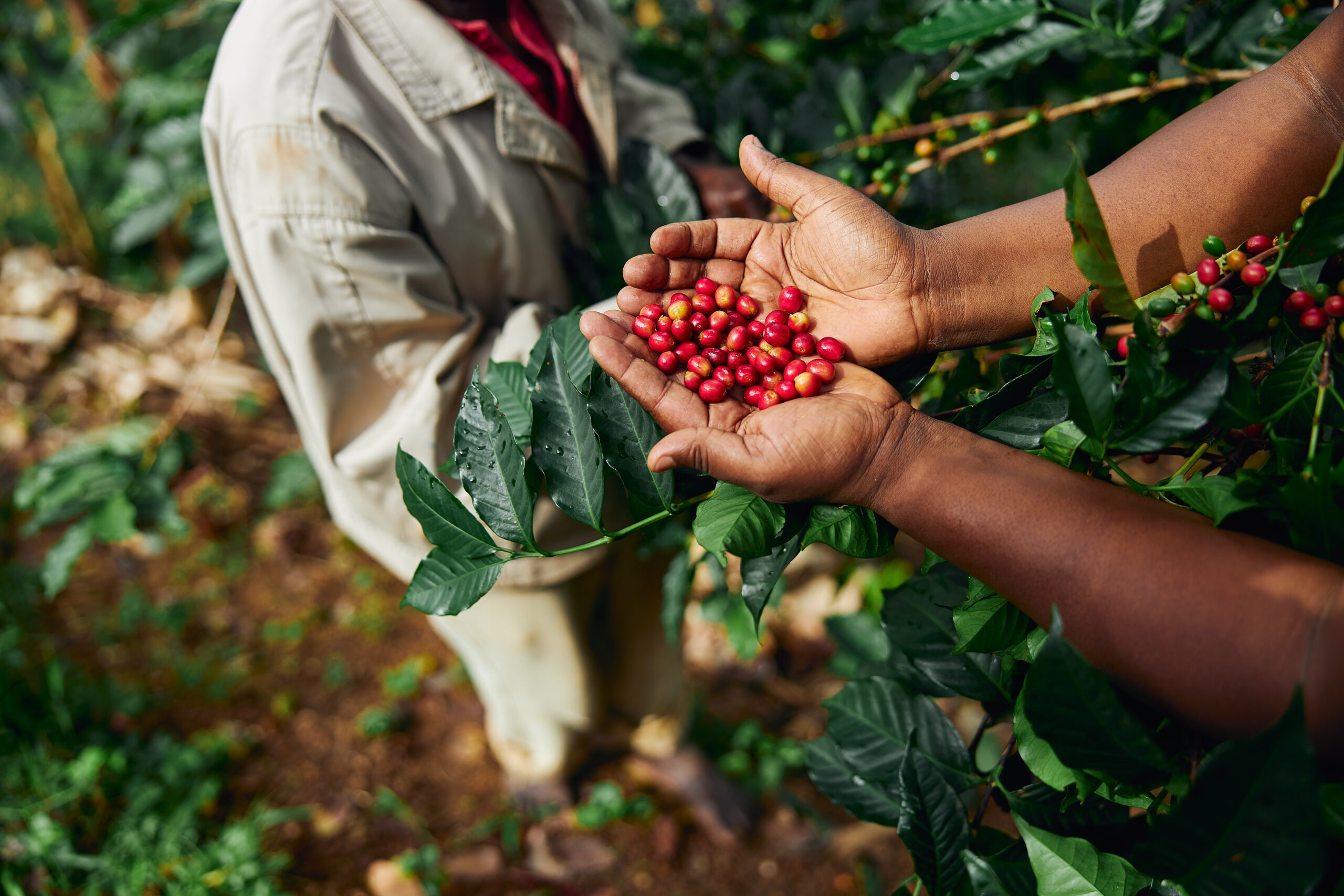
If you are looking for a way to improve the sustainability footprint of the coffee supply chains, contact us.

Further Information
